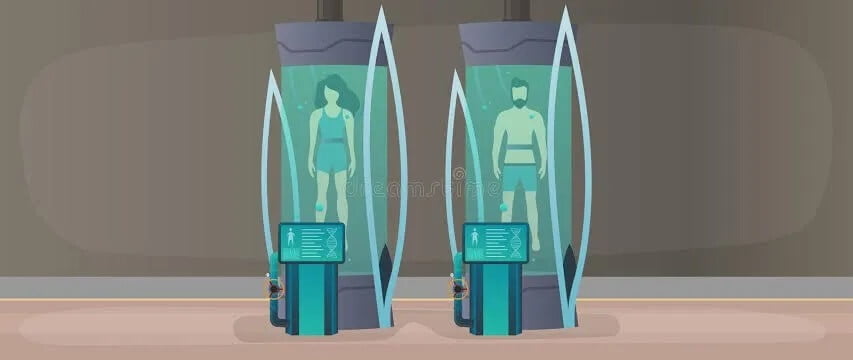
This Technology May Help People Drastically Extend Their Lifespan By 500 Years & Beyond
The idea of dying may become a thing of the past!
By Tesla Telegraph | Guest Post
“Life is short.”
“Life is fragile.”
“You’ve only got one life, so live it to the fullest.”
We hear phrases like this all the time from the time we are young. We’re constantly reminded that we need to seize every moment. If we’re lucky, we will age, which also will bring about less energy and mobility. If we’re unlucky, we’ll die young. What if, however, we could extend life? Not just living longer as the elderly, but live longer in bodies that were capable the way they are when we’re young? Some scientists say that this will be possible, perhaps as early as 2050. All of this will be thanks to technology.
Extending Human Life with Technology
Since the beginning of time, humans have been trying to learn how to extend life. This is in both the sense of simply living longer, but also in seeking a more everlasting youth. In the last few centuries, we’ve at least succeeded in the first part. The average human life expectancy is now more than 70 years, which is far better than we could say one or two hundred years ago. What we’re talking about now, however, is more than just medical and nutritional advancements to living longer. No, we’re talking about how to use technology to live, well, forever.
Man & Machine
Some scientists and doctors are talking about merging the human mind with machines so that after our bodies die, we can live on. Futurist Dr. Ian Pearson is studying at the capacity to have 99% or more of our brains merged with digital. He says in this way, when your body dies, you could quite literally attend your body’s funeral, while your mind continues to live in the cloud. That is to say, your mind could now be merged with an upgraded android body and you could just continue on living.
“[This is simply] adding external IT capability to your brain, improving your intelligence or memory or senses by using external IT connected seamlessly to your brain so that it feels exactly the same, until maybe, by around 2050, 99% of your mind is running on external IT rather than in the meat-ware in your head. At no point would you ‘upload’ your mind, avoiding needless debate about whether the uploaded copy is ‘you’. It isn’t uploaded, it simply grows into the new platform seamlessly and as far as you are concerned, it is very much still you. One day, your body dies and with it your brain stops, but no big problem, because 99% of your mind is still fine, running happily on IT, in the cloud. Assuming you saved enough and prepared well, you connect to an android to use as your body from now on, attend your funeral, and then carry on as before, still you, just with a younger, highly upgraded body.” he explains.
Neuralink
Dr. Pearson isn’t the only one talking about this. Even billionaire Elon Musk has his project Neuralink. With his technology, you could potentially download yourself into a computer or robotic body. Of course, this has incredible implications for people with disabilities, or also for humans to enter dangerous situations where our bodies can’t go. Could it also mean we can live forever? Perhaps.
“The mind will be in the cloud, and be able to use any android that you feel like to inhabit the real world,” says Pearson.
This could also have more “regular” uses, too. For example, it’s winter and you’re craving a beach day. You could simply upload your mind to an android body in the Caribbean and boom – you’re at the beach. Or maybe there’s a concert that you really want to go to but you live too far away. Rent an android body, upload your mind, and enjoy the music.
3D Printing
3D organ and limb printing may also have a role to play. This is something that scientists are already experimenting with. In fact, researchers from Tel Aviv University in Israel unveiled a 3D-printed heart with human tissue and vessels just last year. There are several companies already working on this technology. Lose a finger? Doctors could print and install a new one. Need a new kidney? No longer will you have to wait on a donor list. Medical scientists can print you a new one and surgically install it before it’s too late.
Of course, this all seems pretty out-there – but it might not be as far out there as we think. What is your opinion? Do you like the idea of being able to extend your life via robot and cloud technology, or do you think this is taking the world to a far too unnatural state?
* * *
